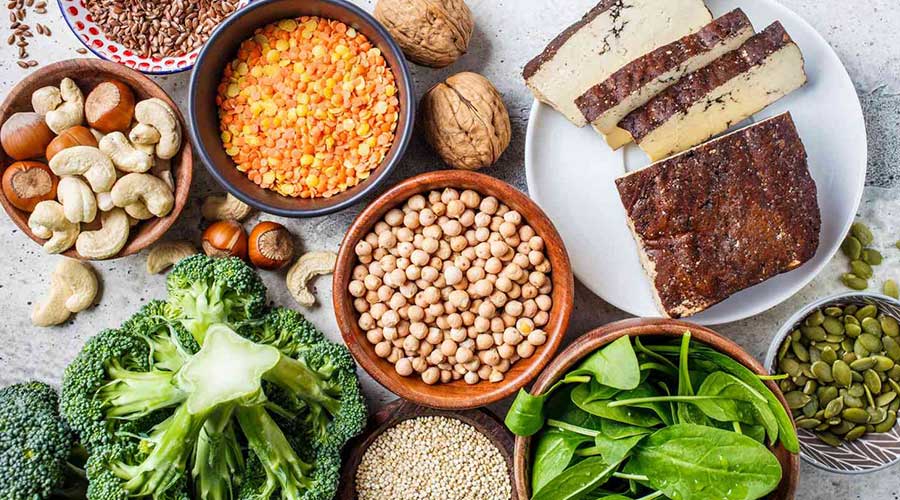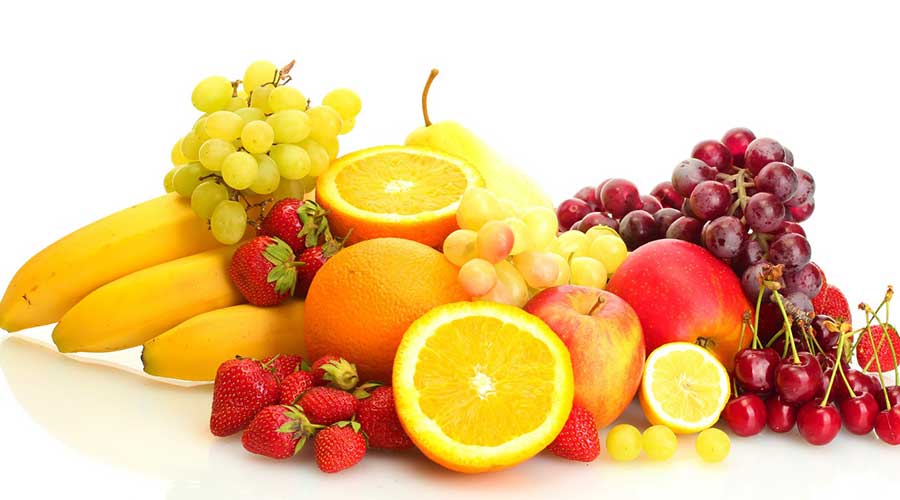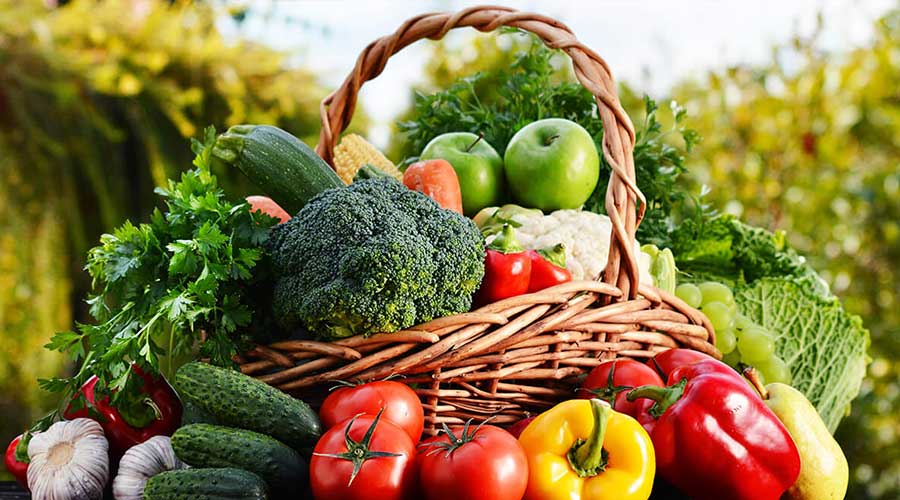Salt therapy – All you need to know
- 24 Feb - 01 Mar, 2024
Anyone who doesn't need extra energy? The majority of us don't have enough, and when we're really depressed, our go-to foods and beverages frequently contain large amounts of carbohydrates, particularly those from sugar and/or caffeine. You will experience a little surge from those things, but it frequently leads to a crash.
What foods should you eat, then, to increase your energy? You have a lot of healthier options than what is typically available in vending machines, and the list probably includes a lot of things you enjoy but didn't realise could energise you in the morning or during that mid-afternoon slump. All foods naturally offer energy because they include calories, which are units of energy. Yet, some include more nutrients that are involved in metabolic processes that produce energy.

Sources of protein that don't come from animals include nuts, seeds, and beans. They're especially important for vegetarians and vegans, as well as people who are on other diets that limit how much meat they can eat. Like meats, many nuts and seeds have nutrients other than protein that can help give you more energy. Beans, peas, and lentils are all good for a boost of energy, since they provide carbohydrates, protein, and other nutrients. For example: Black beans, edamame and soybeans.

Fruit can be an excellent source of vitamins and minerals, including those that help your body produce energy. Fresh, whole fruit is best, since it can lose vital nutrients as it gets older or as it's dried. (Dried fruits and juices tend to be much higher in sugar than fresh fruits, as well.) Some good choices when it comes to fatigue-fighting fruit include: apples, bananas, blueberries, dates, goji berries, cantaloupe, lemons, oranges, raisins and strawberries. Fruits are also high in natural sugars (carbohydrates), so choosing the ones above may help you get both short-term and long-term energy.
To feel healthy and energised, you need to consume specific nutrients. Not because they're stimulants like caffeine, but rather because your body uses them to make cellular energy. Instead of merely temporarily accelerating things artificially, that is what genuinely motivates you. Some of these energy-producing nutrients include:
Dairy products, eggs, meat, and fish are all excellent sources of protein. Yet, different diets have unique combinations of other elements that support energy production. The foods in this category are all protein-rich. CoQ10, iron, carnitine, B vitamins, magnesium, creatine, and potassium can also be found in variable amounts in beef and poultry. Magnesium, potassium, CoQ10, creatine, and B vitamins are also present in fish and seafood.
Grains are a source of carbohydrates for quick energy as well as some nutrients for sustained energy. Some good choices are: brown rice, Oatmeal, iron, whole wheat and white rice. Many breakfast cereals contain these grains and also are fortified with vitamins and minerals, so they can be good sources of fatigue fighters, as well.

Vegetables contain multiple energy-producing nutrients, and some will even give you a little bit of protein (although not nearly as much as sources like meat, eggs, dairy, nuts, and beans).
Here are several that can help provide energy: asparagus, avocados, broccoli, carrot, cauliflower, spinach, squash and sweet potatoes. Like fruit, vegetables do contain carbohydrates, but generally less than fruit has.
COMMENTS